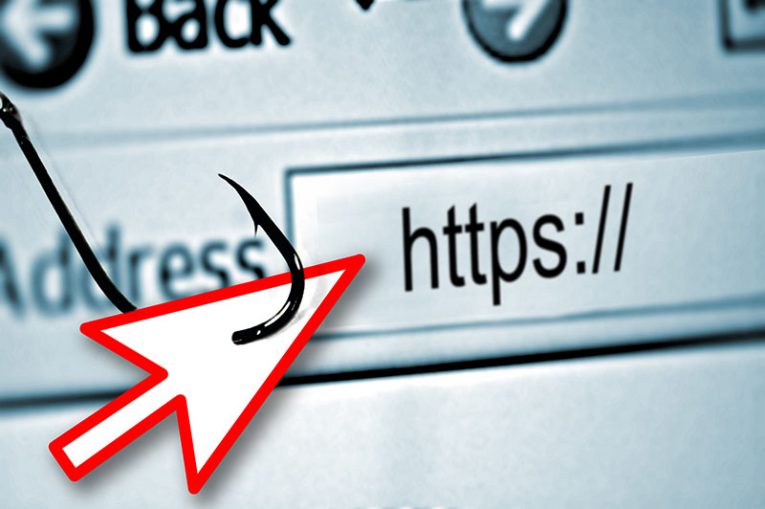Qpsh.online Uses Fake Content Bait to Spam Ads

During our investigation of qpsh.online, our team uncovered its utilization of clickbait tactics to entice visitors into consenting to receive notifications. Furthermore, qpsh.online has the capability to redirect users to unreliable websites. As a result, it is strongly recommended to refrain from accessing qpsh.online.
The qpsh.online webpage presents a counterfeit video player resembling YouTube, accompanied by a message that instructs visitors to click the "Allow" button for further access. Additionally, a fabricated loading icon is displayed to give the impression that the content will be loaded once the button is clicked. However, granting permission by clicking the "Allow" button on qpsh.online effectively grants the site the ability to display notifications.
Engaging with notifications from qpsh.online can lead to landing on misleading websites that host malware, phishing sites, or fraudulent pages designed to steal personal information. Furthermore, these notifications can redirect users to spam-infested websites featuring unwanted advertisements, clickbait articles, or dubious promotional offers.
Moreover, notifications originating from qpsh.online can deceive users into downloading counterfeit software updates or applications that may contain malware or execute undesirable actions. Therefore, it is crucial for users to never agree to receive notifications from websites like qpsh.online. Additionally, qpsh.online has the potential to redirect users to other questionable websites.
How Do Misleading Websites Use Social Engineering Tricks to Lure Visitors?
Misleading websites often employ social engineering tricks to deceive and manipulate visitors into taking certain actions or divulging sensitive information. Here are some common tactics they use:
- Impersonation: Misleading websites may impersonate reputable brands, organizations, or individuals to gain trust and credibility. They mimic the appearance, logos, and content of legitimate websites to trick visitors into believing they are interacting with a trusted entity.
- Urgency and Scarcity: These websites create a sense of urgency or scarcity to pressure visitors into immediate action. They may claim limited-time offers, exclusive deals, or time-sensitive opportunities to create a fear of missing out and prompt impulsive decision-making.
- Fake Security Warnings: By displaying false security alerts or warnings, misleading websites instill fear in visitors. They may claim that the visitor's device is infected with viruses or that their personal information is at risk, urging them to take immediate action, such as downloading a supposed antivirus software or providing personal details for verification.
- Clickbait and Sensationalism: Misleading websites employ catchy headlines, exaggerated claims, and sensationalized content to pique visitors' curiosity and entice them to click on links or explore further. They exploit human curiosity and emotions to drive engagement and traffic to their site.








